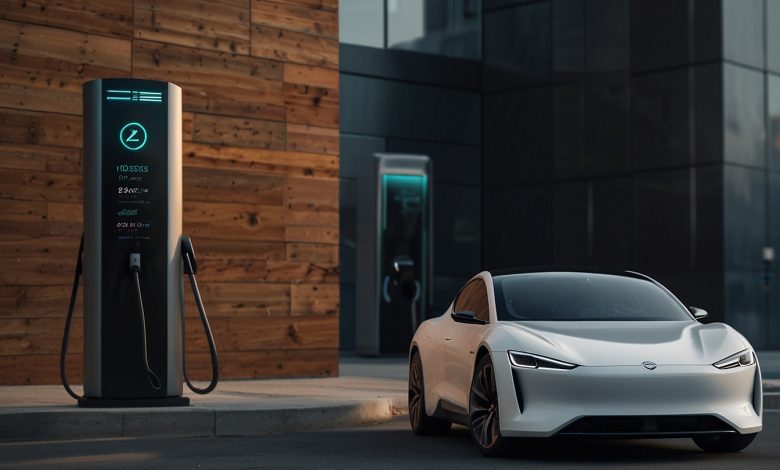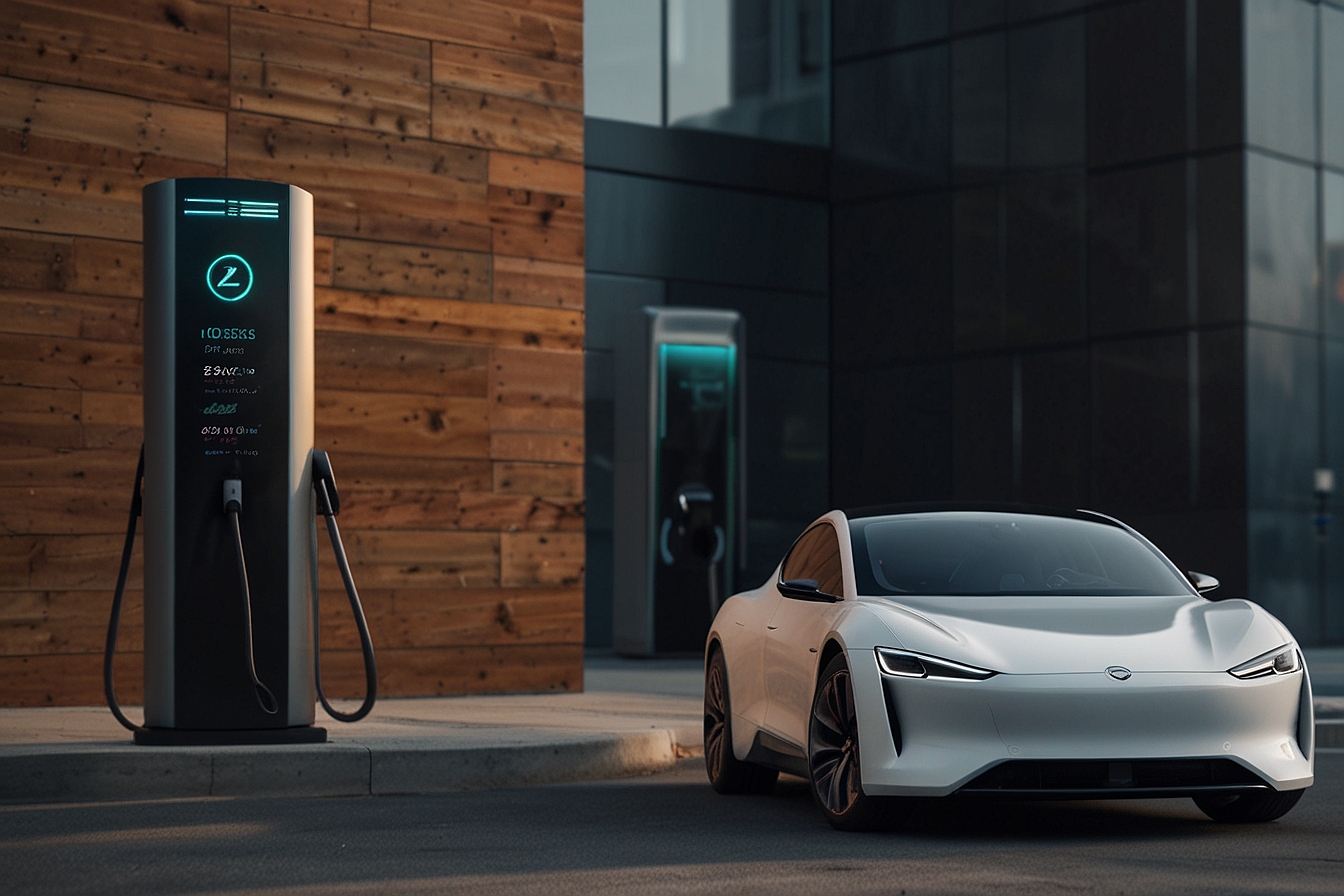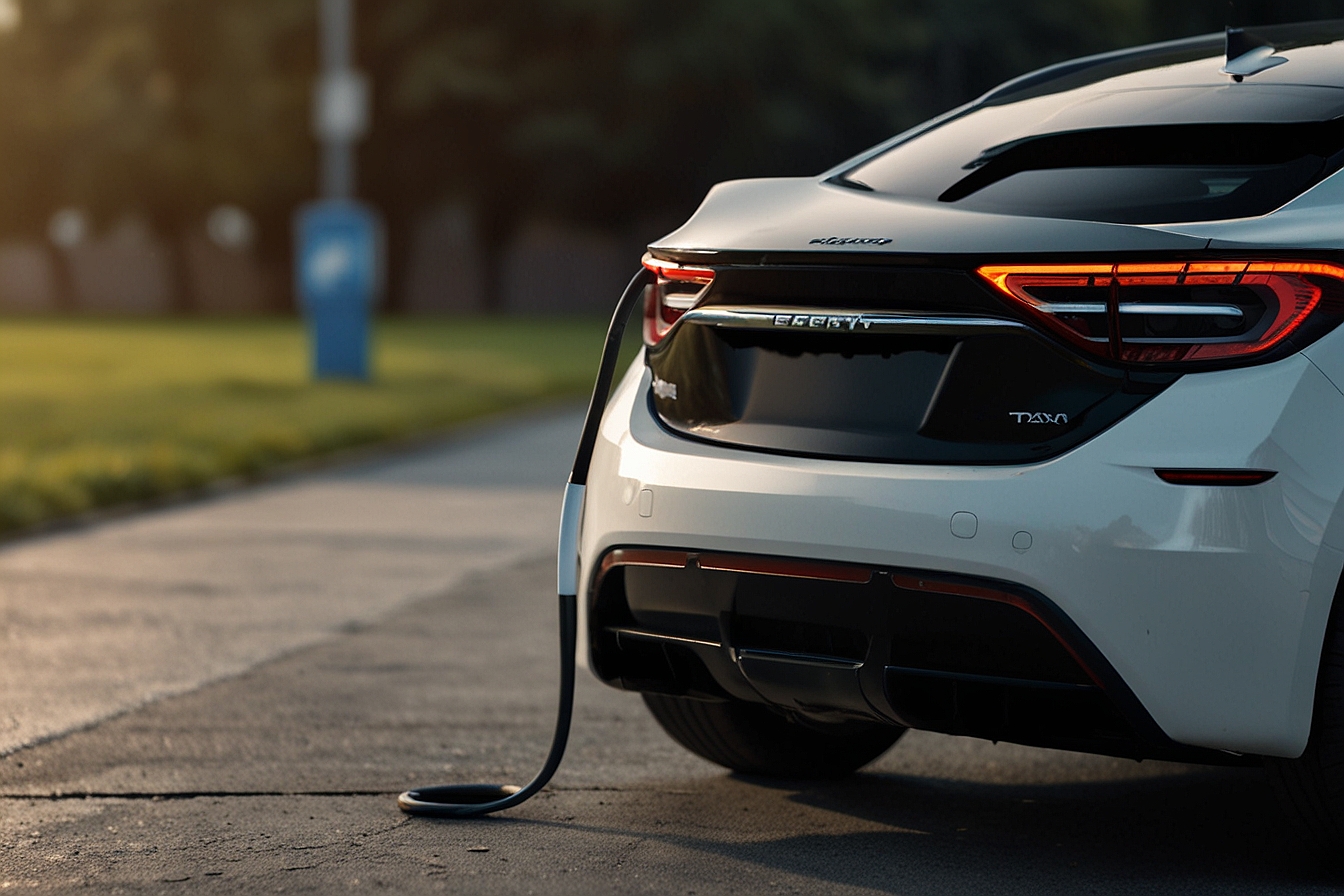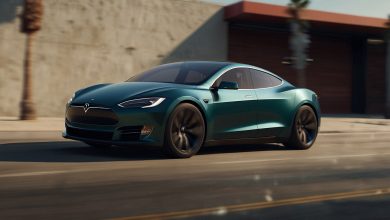Understanding the Electric Car Tax Credit in 2024 Introduction
Electric Car Tax Credit

Understanding the Electric Car Tax Credit in 2024 Introduction
As the shift towards sustainable transportation gains momentum, the electric car tax credit has become significant incentive for consumers looking to make the switch to vehicles. In this article, we will delve into the of the electric car tax credit in 202 and how it impacts potential buyers and the environment.

The Basics of the Electric Car Tax Credit
The electric car tax credit is a federal designed to encourage the adoption of electric vehicles by providing a financial benefit to eligible buyers. Here are some key points to understand:
Eligibility Criteria
- Individuals purchasing a new electric vehicle may qualify for the tax credit.
- The amount of the credit depends on the battery capacity of the vehicle and ranges from $2,500 to $7,500.
Phase-Out Period
- The tax credit begins to phase out once an automaker sells over 200,000 electric vehicles in the United States.
- This means that some popular electric car manufacturers may no longer offer the full tax credit to buyers.
Other Considerations
- State incentives may also supplement the federal tax credit, providing additional savings to consumers.
- The tax credit is non-refundable, meaning that it can only be used to offset federal income tax liability.
Impact on the Environment
The electric car tax credit plays a crucial role in promoting the adoption of electric vehicles, which have a lower carbon footprint compared to traditional gasoline-powered cars. Here’s how the tax credit benefits the environment:
Reduced Emissions
- Electric vehicles produce zero tailpipe emissions, contributing to improved air quality and reduced greenhouse gas emissions.
- By incentivizing the purchase of electric cars, the tax credit helps accelerate the transition to a cleaner transportation system.
Energy Efficiency
- Electric vehicles are more energy-efficient than internal combustion engine vehicles, leading to lower overall energy consumption.
- The tax credit encourages the use of renewable energy sources for charging electric vehicles, further reducing environmental impact.
Looking Ahead: Future of Electric Car Tax Credit
As we move towards a more sustainable future, the electric car tax credit is expected to evolve to better support the growth of the electric vehicle market. Here are some potential developments to watch for:
Increased Funding
- Lawmakers have proposed expanding the electric car tax credit to increase the incentive for potential buyers.
- This could lead to higher credit amounts and extended eligibility to ensure broader access to electric vehicles.
Technology Advancements
- With ongoing advancements in battery technology, electric vehicles are becoming more affordable and accessible.
- The tax credit may be adjusted to reflect these technological improvements and promote the adoption of cutting-edge electric cars.
The electric car tax credit in 2024 serves as a vital tool in promoting sustainable transportation and reducing carbon emissions. By incentivizing the purchase of electric vehicles, the tax credit contributes to a cleaner environment and a greener future for all. As we look ahead, it’s essential to monitor how the electric car tax credit evolves to drive further progress in the electric vehicle market.





